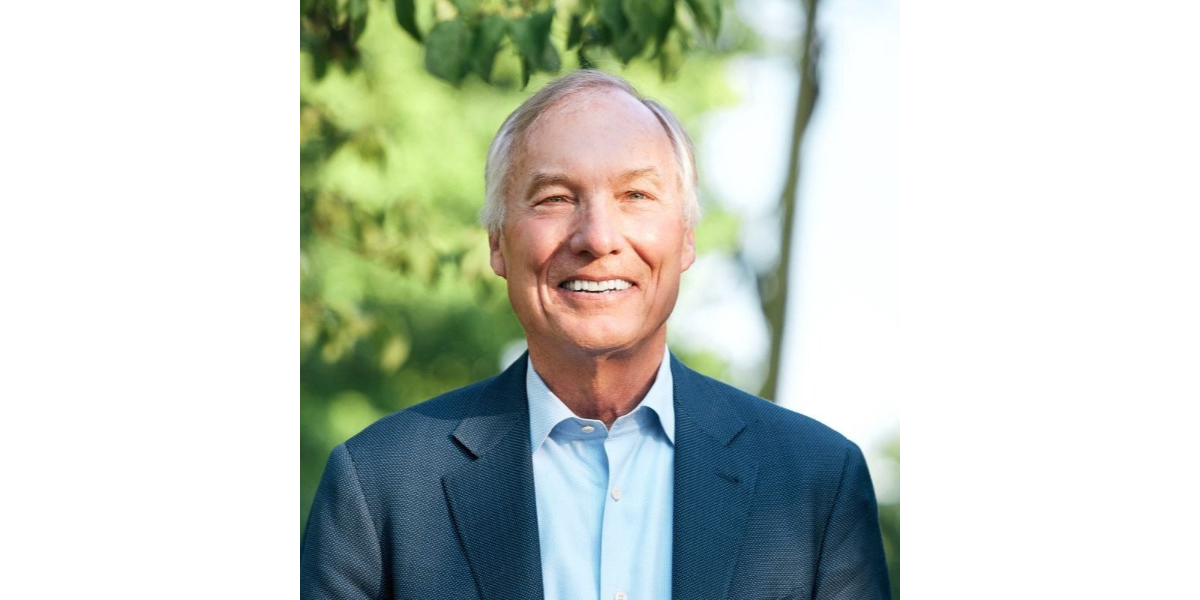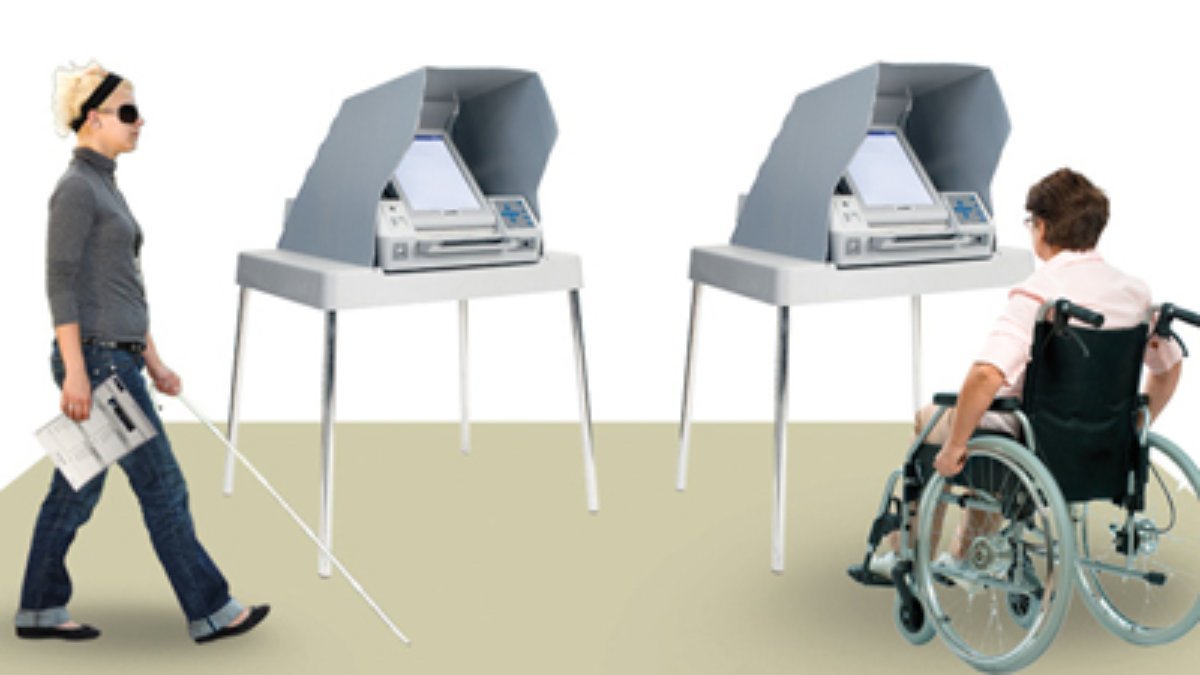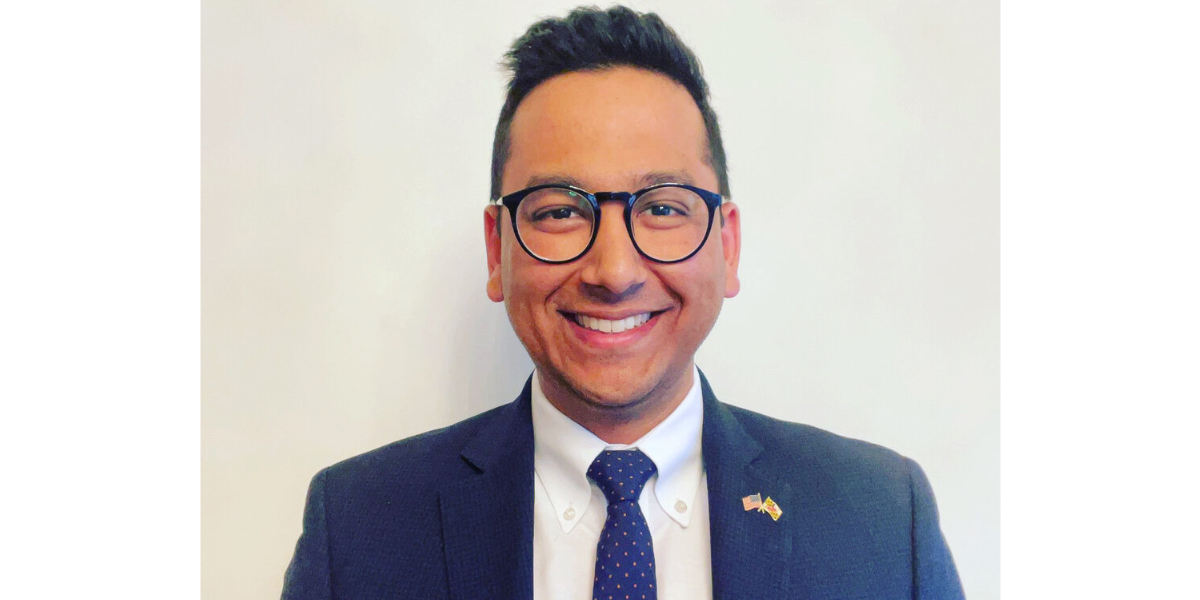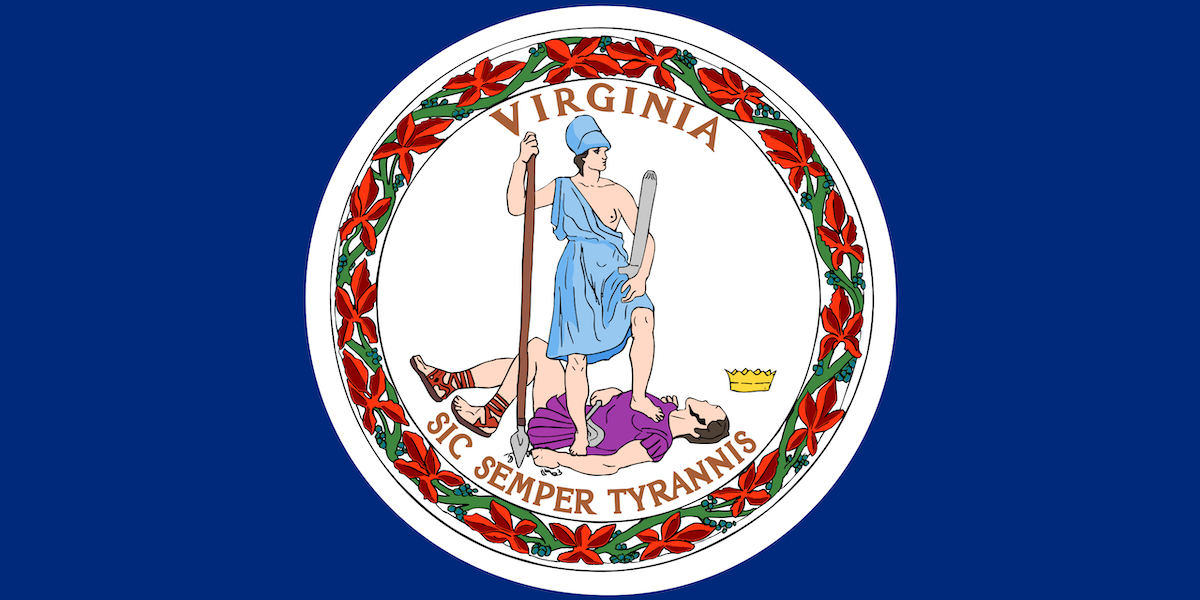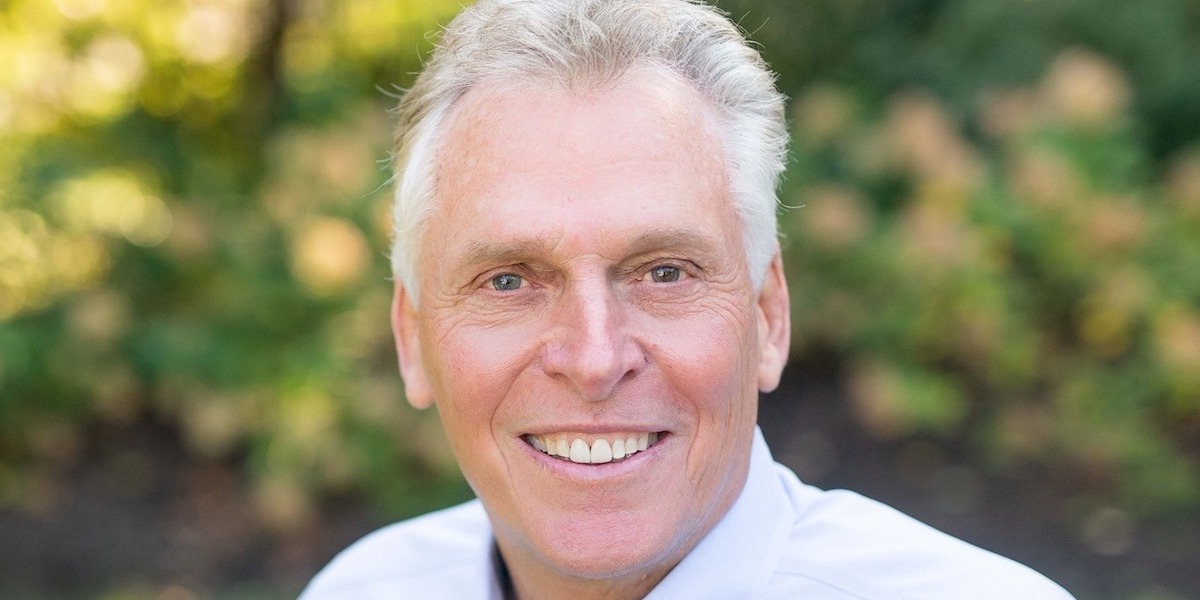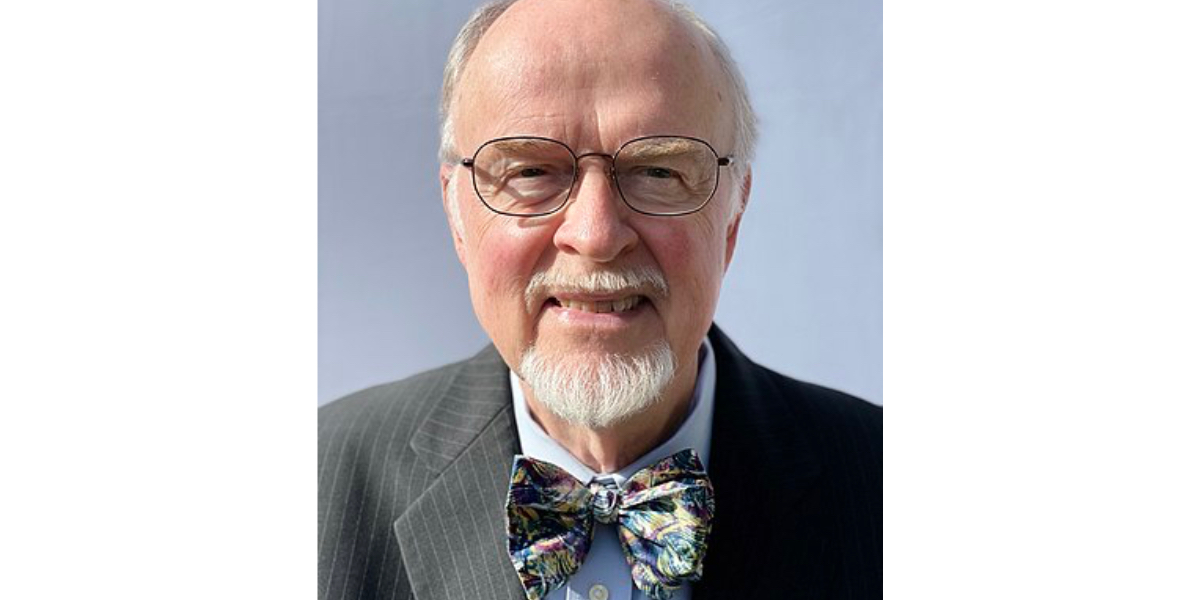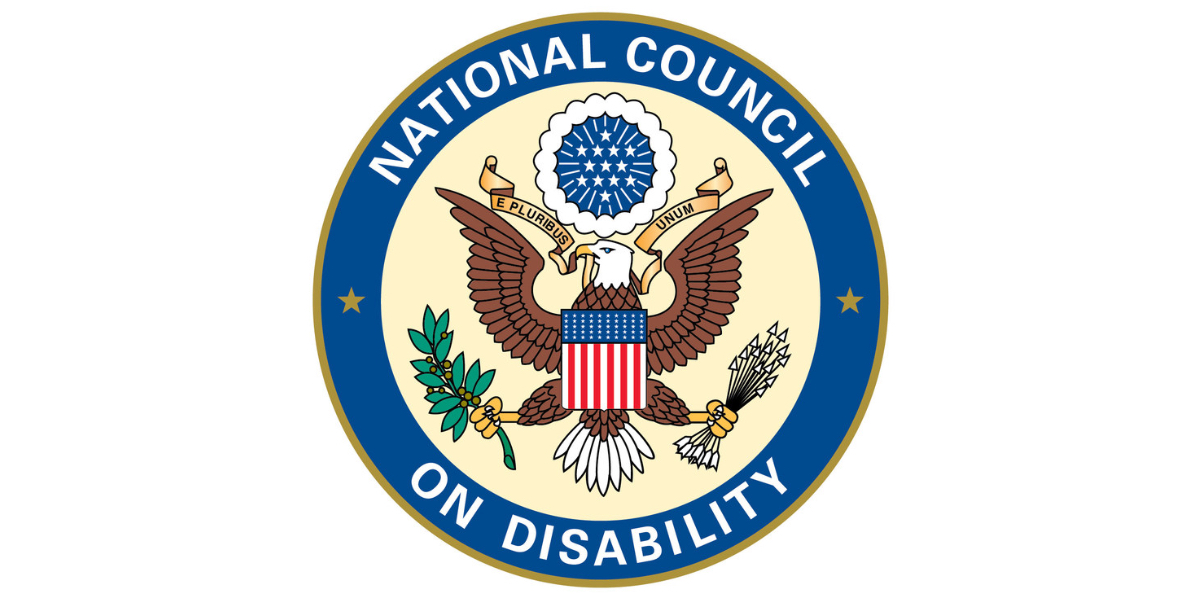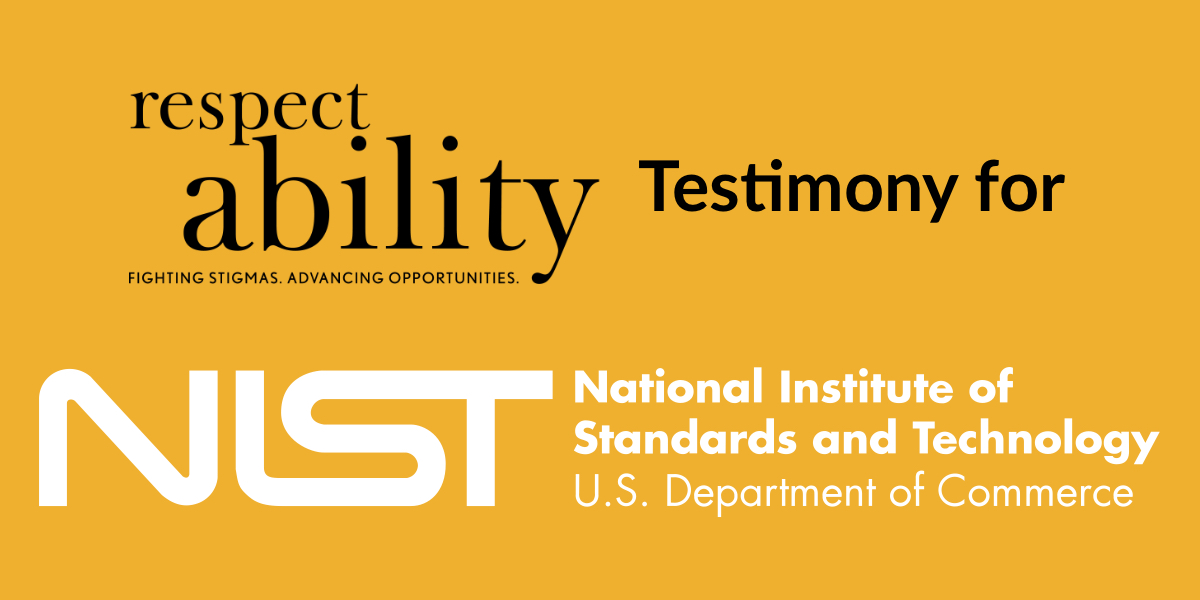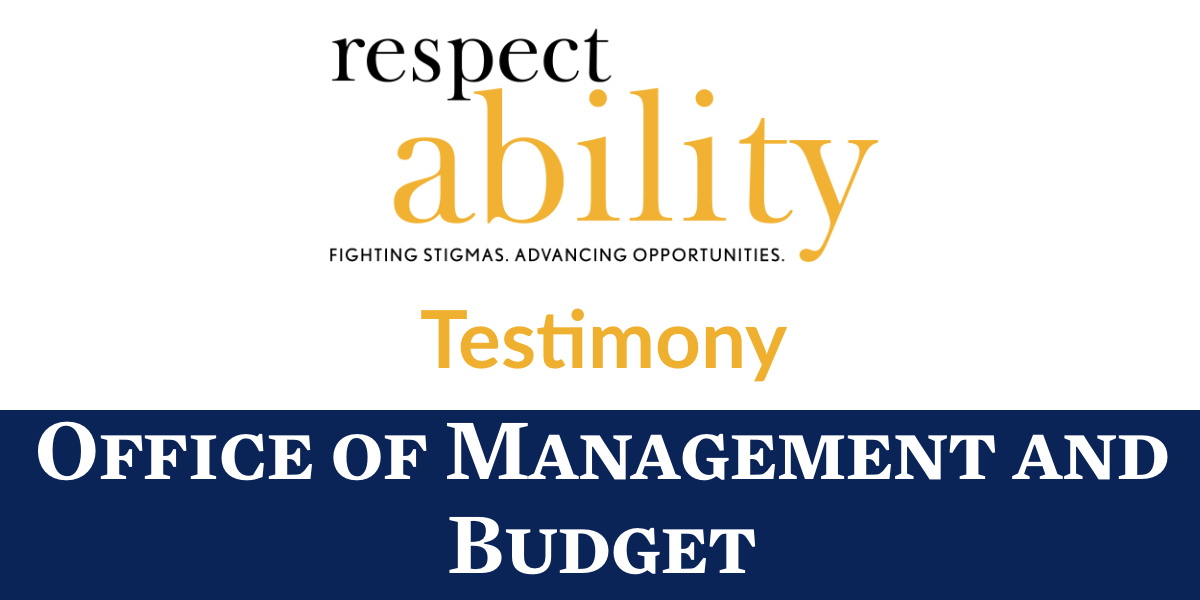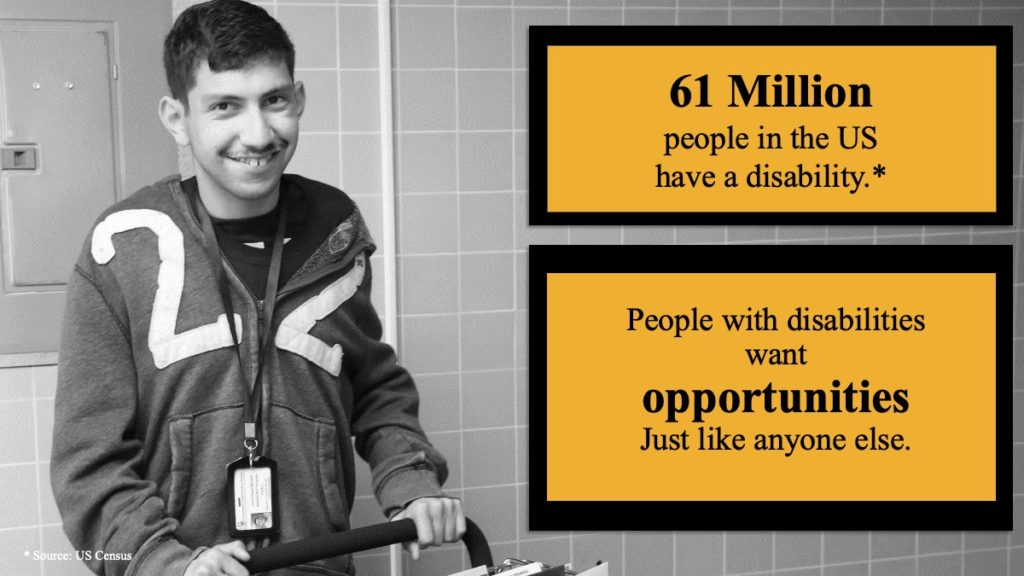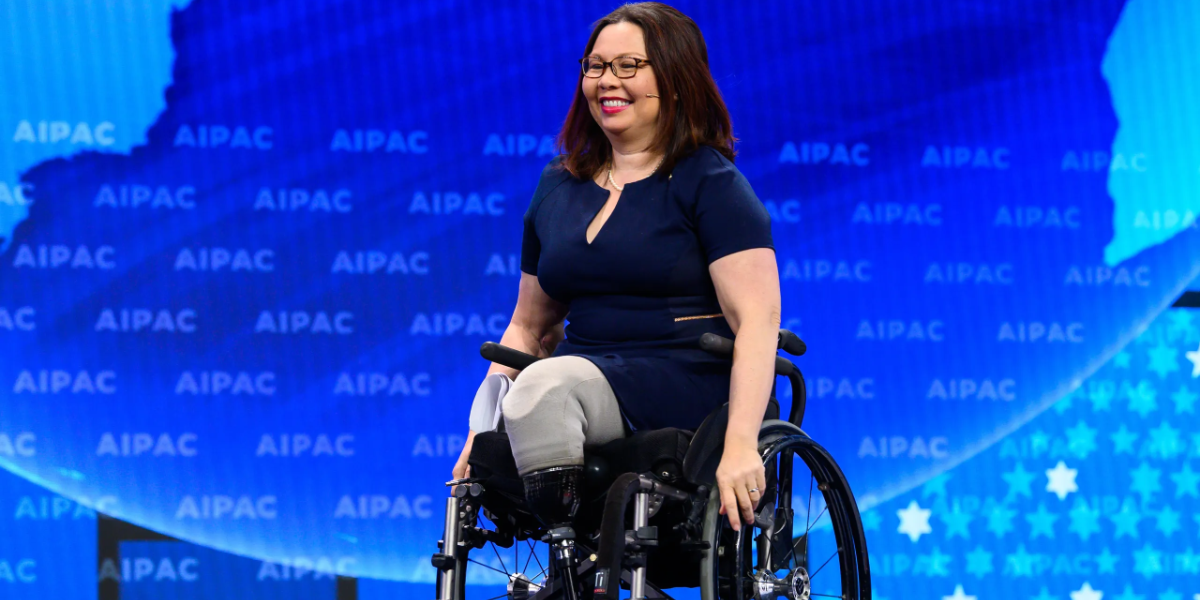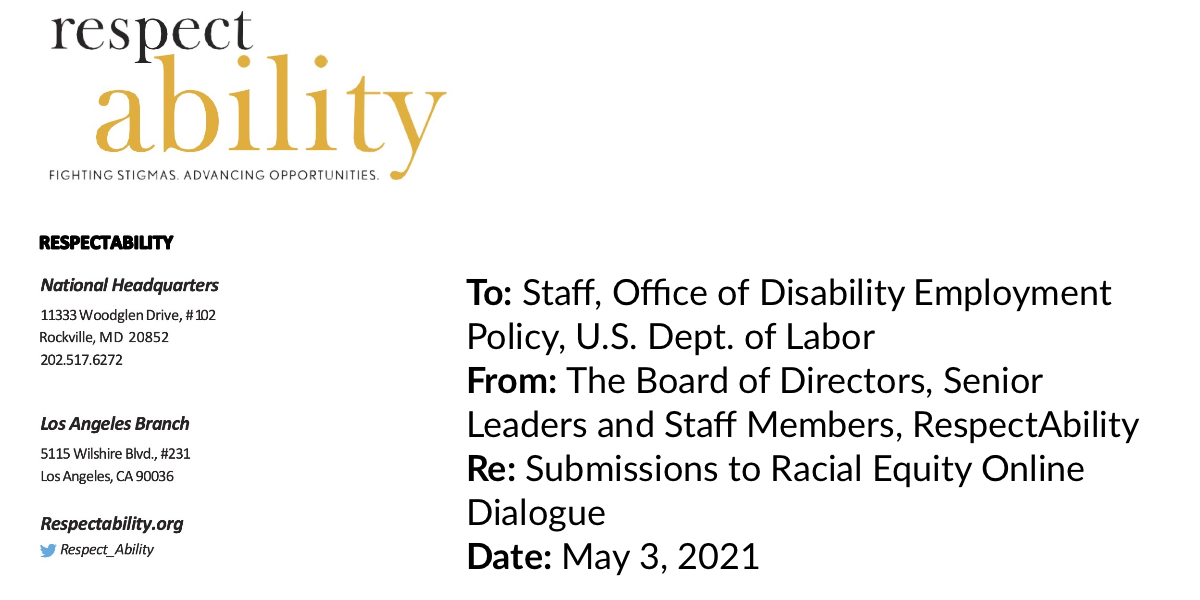Los Angeles, April 5 – 3rd District L.A. City Council member Bob Blumenfield has responded to a detailed candidate questionnaire on disability issues. The questionnaire is from RespectAbility, a nonpartisan nonprofit disability organization that does not endorse candidates. The questionnaire is purely for educational purposes.
One-in-five Americans has a disability, according to the U.S. Census Bureau. People with disabilities are America’s largest minority group. It is also the only one that, due to accident, aging or illness, anyone can join at any time. Indeed, there are approximately one million people living in the greater Los Angeles metropolitan area with some form of disability.
Polls show that the majority of voters have either a disability or a loved one with a disability. Voters with disabilities and their families are up for grabs – and the actions campaigns take to reach out to these voters can make the difference between winning and losing.
Blumenfield is running for re-election in the Los Angeles City Council’s 3rd District, representing the West San Fernando Valley.




